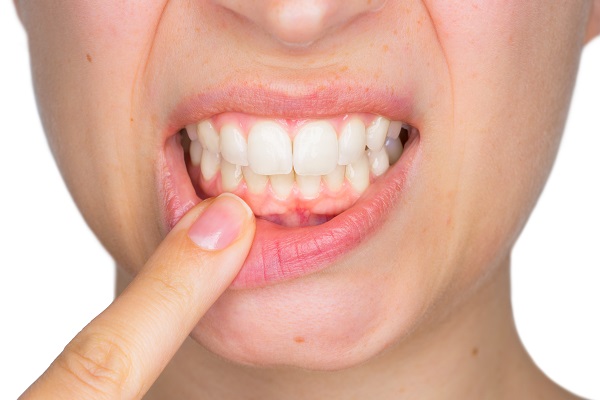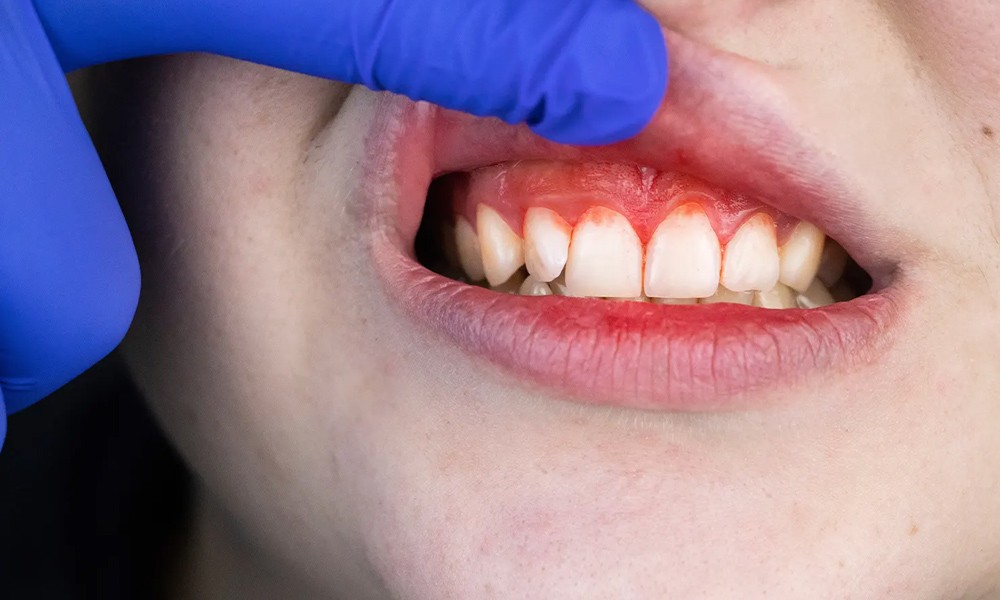Periodontal disease, a chronic and debilitating condition, affects millions of individuals worldwide, threatening the health and stability of their teeth and overall well-being. Characterized by inflammation, infection, and destruction of the gum tissue and supporting structures, periodontal disease is a complex condition influenced by a multifaceted array of factors. While poor oral hygiene and bacterial infection are well-established causes, research has unveiled a broader spectrum of contributing factors, including genetic predisposition, systemic diseases, hormonal fluctuations, and lifestyle choices.
The dental practice in Buffalo Grove offers an in-depth understanding of the causes underlying periodontal disease.
What is periodontal disease?
Periodontal disease, also known as gum disease, is a chronic bacterial infection that affects the gums (gingiva) and supporting structures of the teeth, leading to inflammation, damage, and potential tooth loss. Characterized by the progressive destruction of the periodontal ligament, cementum, and alveolar bone, periodontal disease compromises the attachment between teeth and surrounding tissue. The disease progresses through stages, from mild gingivitis (reversible gum inflammation) to severe periodontitis (irreversible tissue destruction). If left untreated, periodontal disease can lead to tooth mobility, abscesses, and eventual tooth loss, significantly impacting oral function, aesthetics, and overall quality of life.
What causes periodontal disease?
Periodontal disease is caused by a multitude of causes, including:
Primary Causes
- Poor Oral Hygiene: Inadequate brushing, flossing, and rinsing lead to plaque buildup, bacterial accumulation, and inflammation.
- Bacterial Infection: Specific bacteria, such as Porphyromonas gingivalis and Aggregatibacter actinomycetemcomitans, trigger gum inflammation and destruction.
- Genetic Predisposition: Family history and genetic susceptibility increase the risk of developing periodontal disease.
Secondary Causes
- Smoking and Tobacco Use: Smoking and tobacco consumption reduce blood flow, impair immune function, and increase bacterial growth.
- Diabetes: Uncontrolled diabetes exacerbates gum inflammation and impairs wound healing.
- Hormonal Changes: Fluctuations during pregnancy, menopause, or puberty affect gum health.
- Medications: Certain medications, such as steroids, antidepressants, and blood pressure medications, can contribute to dry mouth, gum recession, or inflammation.
- Nutritional Deficiencies: Inadequate vitamin C, D, and calcium intake compromise gum health.
- Stress: Chronic stress weakens the immune system, increasing susceptibility to infection.

Environmental and Lifestyle Factors
- Poor Diet: Consuming sugary, acidic, or processed foods contributes to plaque buildup and bacterial growth.
- Obesity: Excess weight increases inflammation and reduces immune function.
- Aging: Gum recession and periodontal disease risk increase with age.
- Systemic Diseases: Conditions like heart disease, respiratory infections, and arthritis linked to periodontal disease.
Other Contributing Factors
- Gum Recession: Exposed roots provide a pathway for bacteria to enter the gum tissue.
- Tooth Grinding and Clenching: Bruxism damages gum tissue and supporting structures.
- Dental Work: Poorly fitted dental restorations, crowns, or bridges can trap bacteria.
- Hormonal Imbalance: Thyroid disorders, hormonal changes, or menopause affect gum health.
What are the symptoms of periodontal disease?
Periodontal disease leads to the following symptoms:
Early Symptoms
- Bleeding gums when brushing or flossing
- Red, swollen, or tender gums
- Bad breath (halitosis)
- Loose teeth
- Sensitive teeth and gums
- Pinkish or purplish gum discoloration
- Shaky or wobbly teeth
Advanced Symptoms
- Painful chewing or biting
- Abscesses or pus between teeth and gums
- Visible bone loss or gum recession
- Changes in bite or tooth alignment
- Tooth mobility or movement
- Separation of teeth
- Loss of teeth
Systemic Symptoms
- Fever
- Swollen lymph nodes
- A general feeling of illness
- Increased risk of heart disease, diabetes, and respiratory infections
Bottom line
Periodontal disease is a complex condition resulting from the interplay of multiple factors, including poor oral hygiene, bacterial infection, genetic predisposition, systemic diseases, hormonal fluctuations, and lifestyle choices. Understanding these causes is crucial for prevention, early detection, and effective treatment. By recognizing the risks and adopting proactive measures, individuals can mitigate the likelihood of developing periodontal disease and its associated systemic complications. Regular dental check-ups, proper oral hygiene practices, a balanced diet, stress management, and smoking cessation are essential for maintaining optimal oral health.

